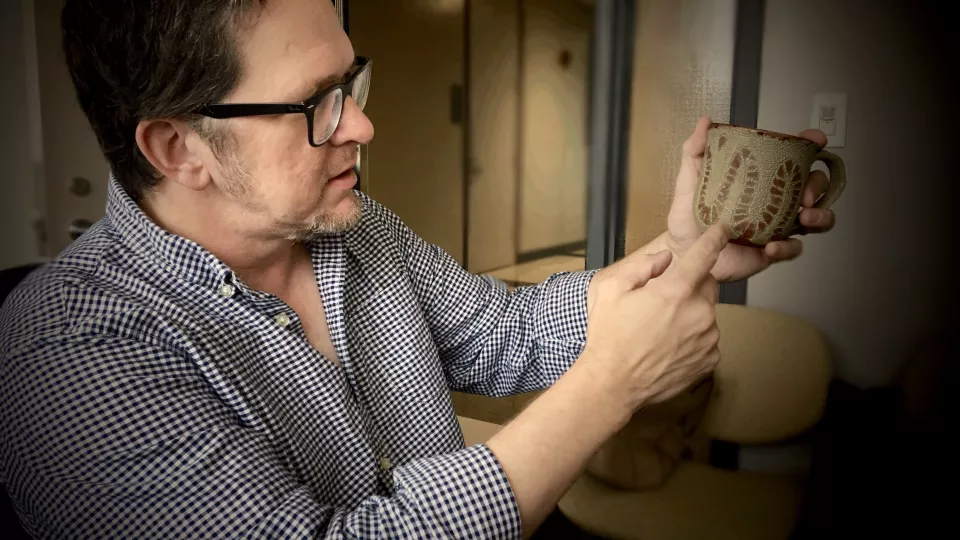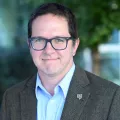
Mark Frey, PhD, Receives $1.7M Grant to Study How the GI Tract Repairs Itself After Injury

Chemotherapy and radiation target cancer cells but these treatments produce unwanted side effects on healthy tissue. The intestines are particularly sensitive to this toxicity. A better understanding of how intestinal tissue repairs itself in response to injury could help medicine develop ways to minimize these and other off-target effects. Children’s Hospital Los Angeles investigator Mark Frey, PhD, has received a $1.7M grant from the National Institutes of Health to study mechanisms of repair and regeneration in the intestinal tract.
Tumor cells divide and multiply faster than normal cells. Most cancer treatments target this rapid growth process. The idea is to kill the cancer while causing minimal damage to healthy tissue. But some cells – like those lining the intestines – are also rapidly-dividing. “It’s the most rapidly renewing tissue in the adult human body,” explains Dr. Frey. “It’s turning over constantly because it’s always exposed to toxins and bacteria.” This rapid turnover of cells is a mechanism used by the intestines to replace damaged cells after injury or normal wear and tear. But this also makes the gastrointestinal tract more vulnerable than other tissue types to treatments like chemotherapy and radiation. Dr. Frey runs a lab in the Saban Research Institute of Children’s Hospital Los Angeles, where he studies how the epithelium – the layer of cells that line the intestines – regenerates to repair itself after injury.
The new funding will help Dr. Frey uncover the mechanisms of epithelial growth. His work will examine two proteins that are critical to this process – ErbB3 and ErbB4. These proteins are found on the surface of many cell types, including cells in the intestines. Dr. Frey’s research has shown that they are critical to both survival and differentiation of intestinal stem cells. His upcoming research will uncover the precise mechanisms through which these receptors regulate the balance of stem cells in the epithelium.
“If we understand how the regenerative and repair process in the intestine works,” he says, “we can design ways to drive repair during chemo or radiation treatment to decrease toxicity and provide a better quality of life.”
The grant was awarded by the National Institute of Diabetes and Digestive and Kidney Diseases of the NIH (Grant Number: 2R01DK095004-06A1).
About Children's Hospital Los Angeles
Founded in 1901, Children's Hospital Los Angeles is ranked the top children’s hospital in California and fifth in the nation for clinical excellence with its selection to the prestigious U.S. News & World Report Honor Roll of children’s hospitals. Clinical care is led by physicians who are faculty members of the Keck School of Medicine of USC through an affiliation dating from 1932. The hospital also leads the largest pediatric residency training program at a freestanding children’s hospital of its kind in the western United States. The Saban Research Institute of Children’s Hospital Los Angeles encompasses basic, translational and clinical research conducted at CHLA. To learn more, follow us on Facebook, Instagram, LinkedIn and Twitter, and visit our blog for families (CHLA.org/blog) and our research blog (ResearCHLABlog.org).
Media contact: Melinda Smith,
msmith@chla.usc.edu,
323-361-7236


